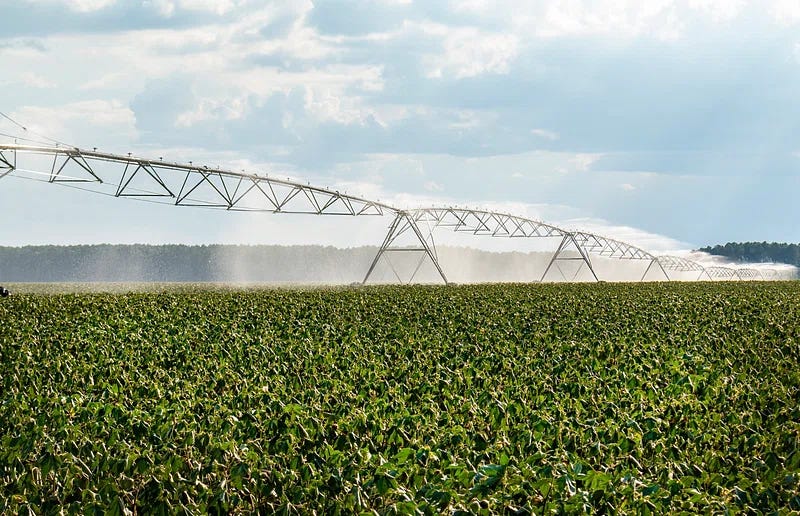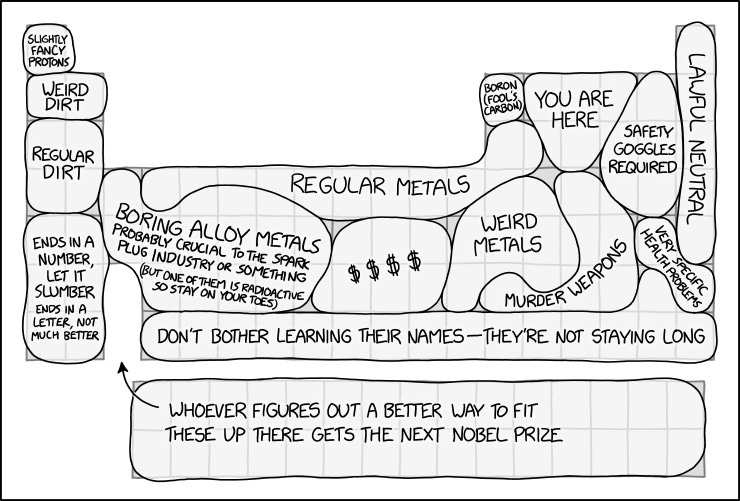Sixty-two
Irrigation and notebooks.
The energy footprint of U.S. irrigation: A first estimate from open data
We estimate that in 2018, U.S. irrigation consumed 60.6 TWh (0.20%) of total energy, including 37.5 TWh (0.94%) of total electricity, to apply 103 billion m3 (83.4 million ac-ft) of water to 22.6 million ha (55.9 million ac) of cropland. Normalized by water volume, the energy intensity of irrigation is 0.59 kWh/m3 (730 kWh/ac-ft).
83.4 million ac-ft. That sounds like a lot until you realize…just kidding. That is a lot of water. Lake Powell can hold up to something like 26 million ac-ft.
Why improving irrigation efficiency increases total volume of consumptive use
Researchers have also noted empirically that total consumptive use often increases when efficiency improves, and have cited case-specific reasons that this occurs. This paper shows it is a general case arising from rational producer behavior in equating the marginal cost of a production input (irrigation water) with its marginal benefit. At any nonzero marginal cost of water, improving irrigation efficiency enables the irrigator to be willing and able to purchase a quantity of irrigation water that sustains more consumptive use than was possible with the prior, less efficient system.
Really important food for thought.
Crop benefits of neonicotinoids minimal
“The biggest surprise for me after compiling this report was realizing how there is skimpy evidence for the benefits of these pesticides for field crop growers and yet they are used on practically all corn seeds in the country and a large proportion of soybean seeds,” McArt says.
Farmers often use neonicotinoids as “inexpensive crop insurance,” McArt said.
Elevating Computational Notebooks as Primary Elements of the Scientific Record
Came up in this wonderful presentation on letting notebooks become primary scientific documents, not just stepping stones to PDFs and Word docs.
A little confused though, as AGU seems to be supporting Curvenote, not Quarto. Competition and fragmentation of scientific publishing tools? Hope that doesn’t cause any issues down the road.




